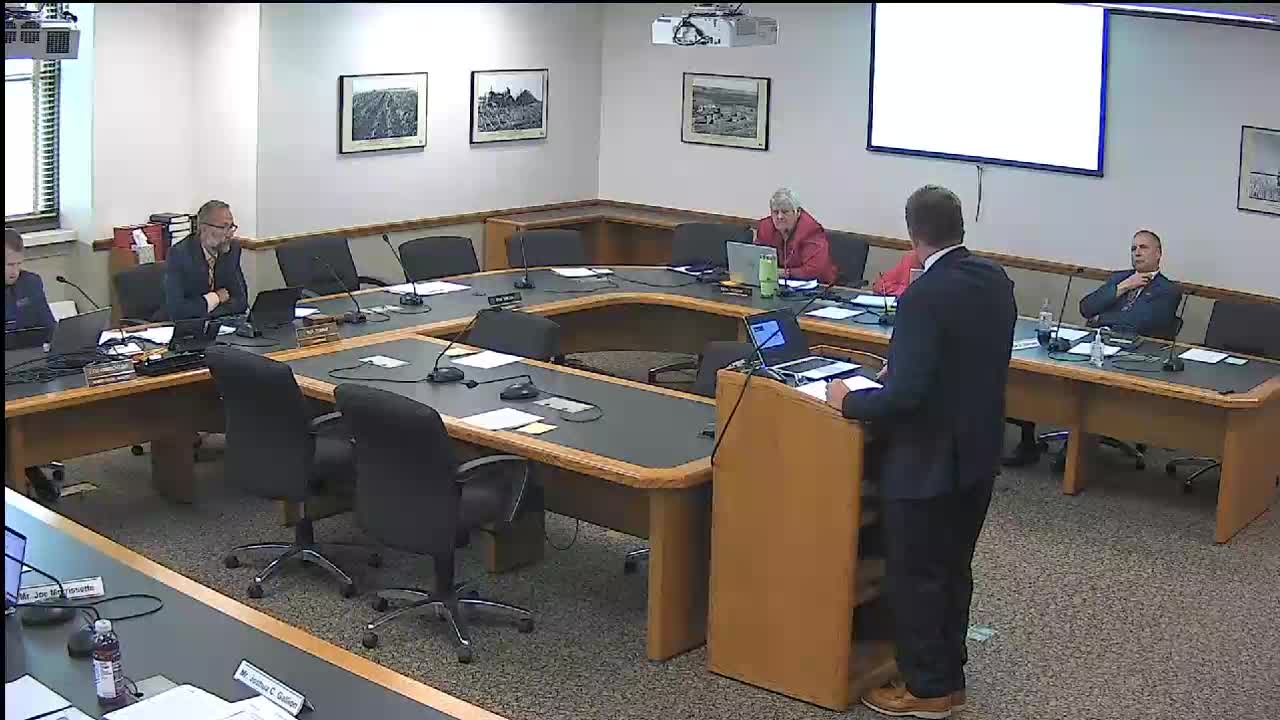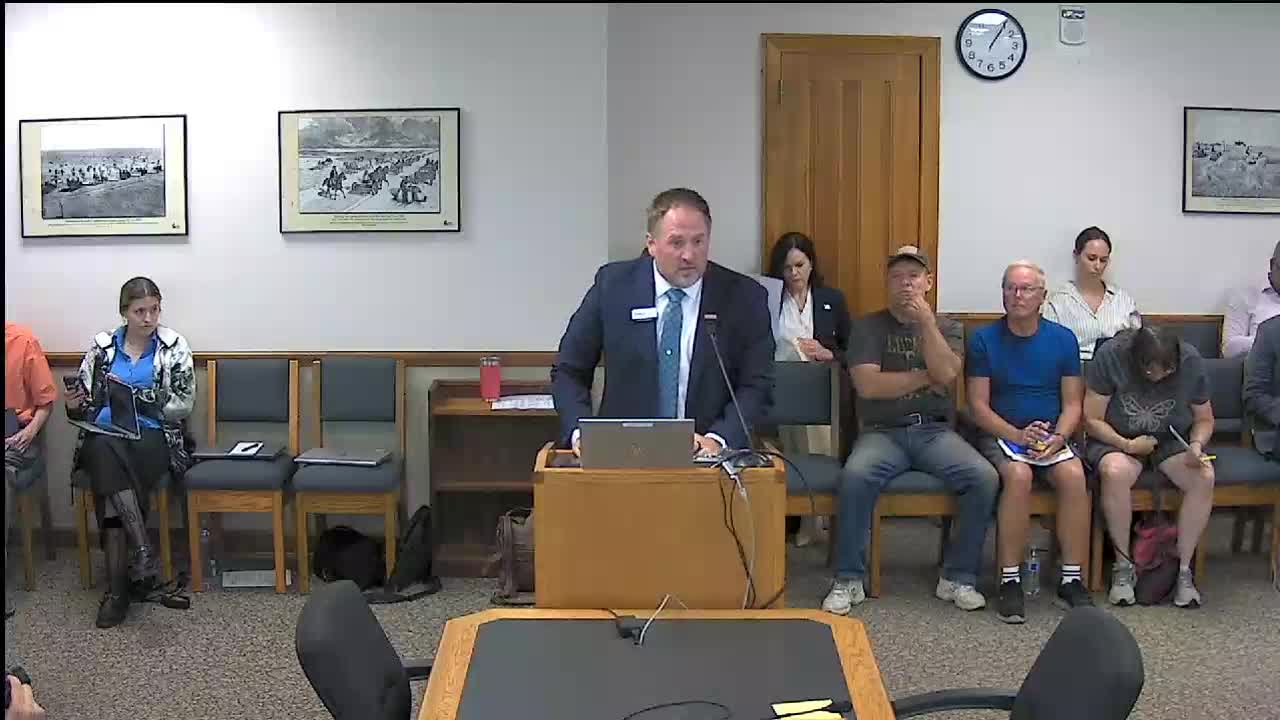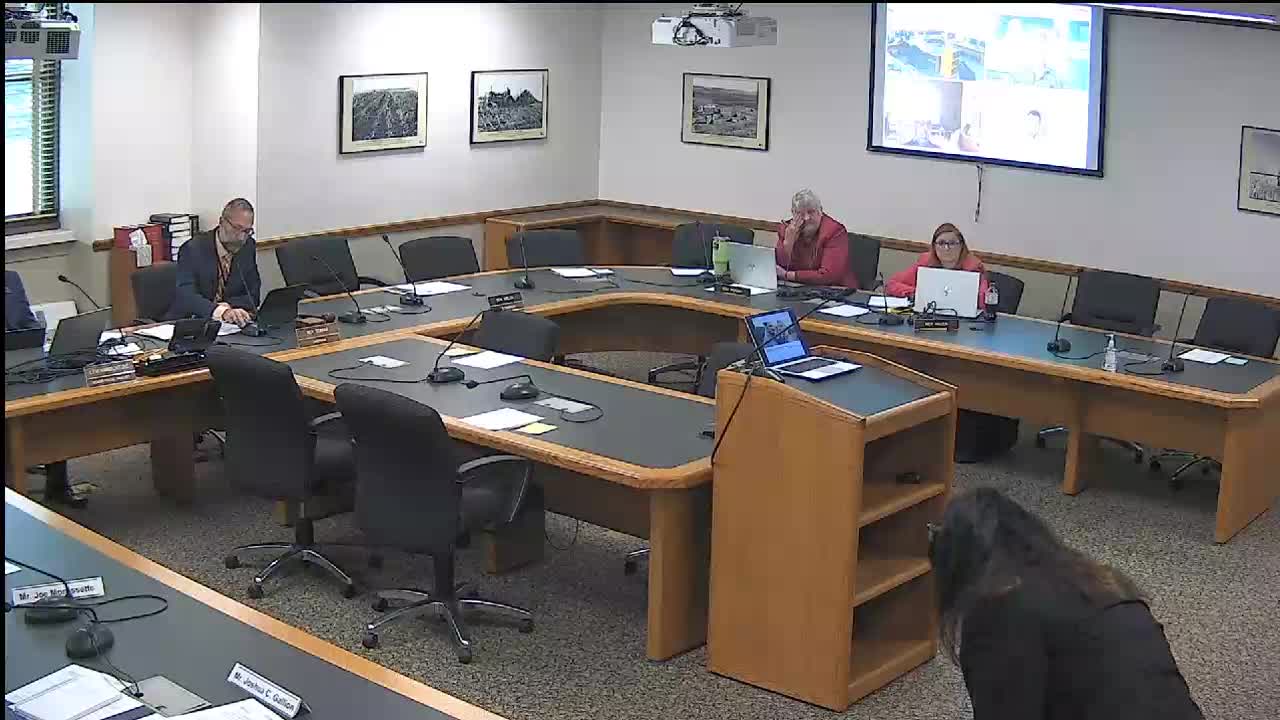Article not found
This article is no longer available. But don't worry—we've gathered other articles that discuss the same topic.

State IT office outlines mainframe retirement, 1,800-application inventory and ServiceNow rollout

Commerce tells Task Force it will streamline workforce programs, grant reporting and marketing procurement

Health and Human Services tells task force it will pursue transparency, performance dashboards and provider oversight

